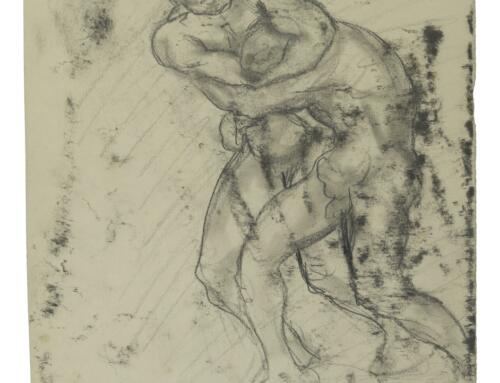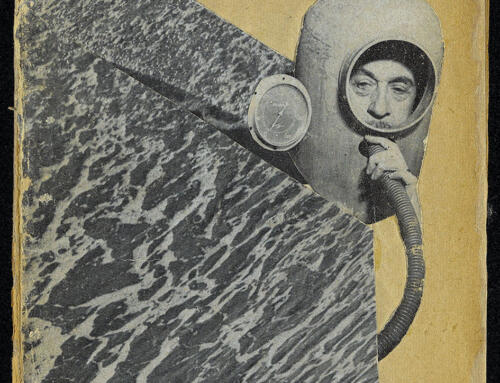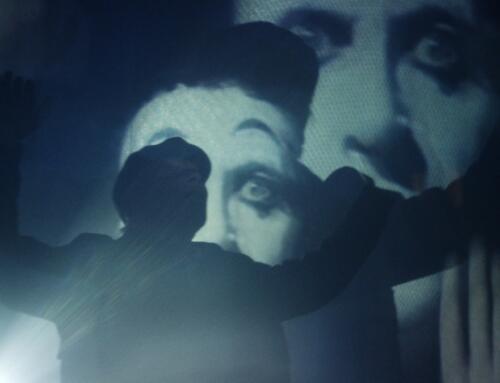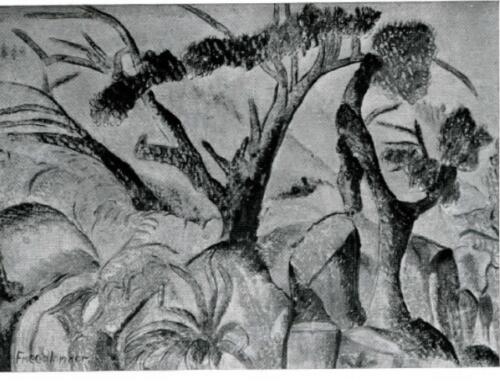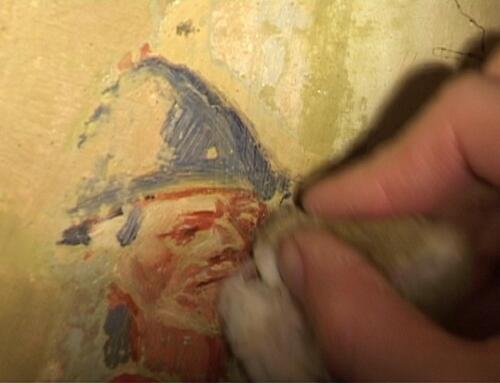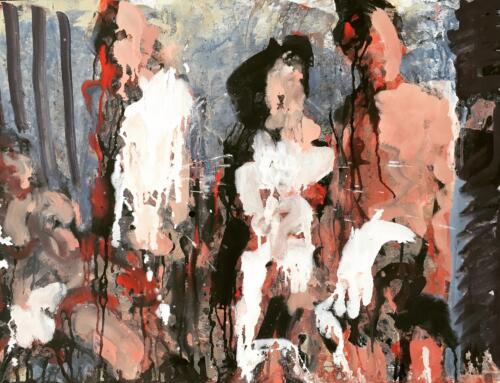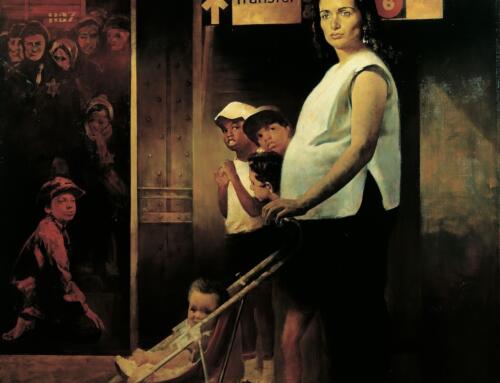This month, we are kicking off our SUMMER FUNDRAISING CAMPAIGN. Before the start of the new Jewish year, we aim to raise $8,000.00 to support our virtual lecture program. Help us continue educating about Antisemitism and the Holocaust through the Arts. Telling the stories of artists persecuted by the German Nazi regime and putting them in their historical and societal context initiates discussions that could not be more relevant today.
To sponsor a lecture in honor or memory of someone, please contact Rachel Stern at stern@fritzaschersociety.org.
If you like what we do, please show us!
We have two extraordinary virtual events in our series “Flight or Fight. Stories of Artists under Repression” planned for you:
|
WEDNESDAY, AUGUST 9 |
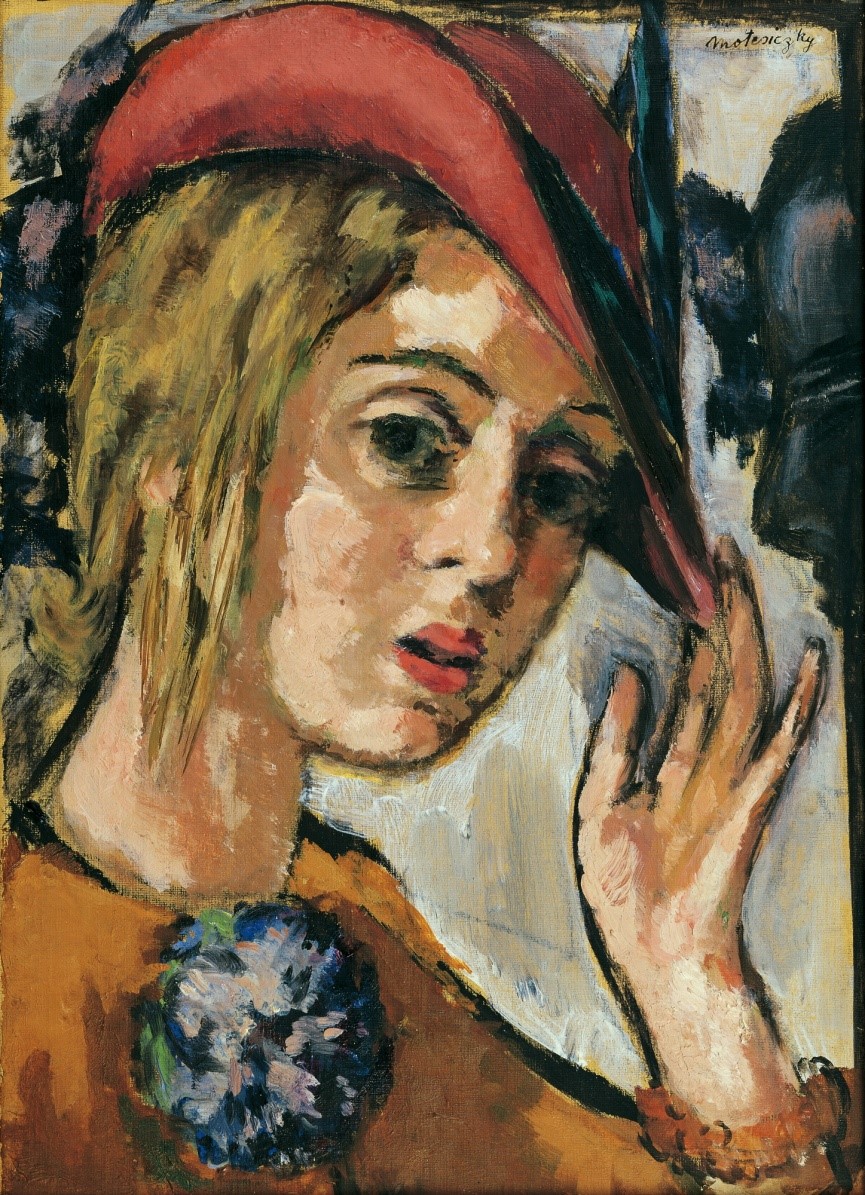
Marie-Louise von Motesiczky, Self-Portrait with Red Hat, 1938 (Private Collection) ©️Marie-Louise von Motesiczky Charitable Trust 2023
Marie-Louise von Motesiczky was born into a wealthy, aristocratic Jewish family in Vienna in 1906. She trained under the German painter Max Beckmann, a family friend, and embarked on a promising career. When the National Socialists marched into Austria in 1938 Motesiczky fled the country for the Netherlands, eventually settling in England. Her attempts to build a new life in a foreign country were supported by a network of fellow émigrés, among them the painter Oskar Kokoschka and the writer Elias Canetti, with whom she had a long relationship.
Lecture by Ines Schlenker, introduced and moderated by Rachel Stern.
WEDNESDAY, AUGUST 23
12:00 pm ET / 18:00 Uhr CET
”THE ISLAND OF EXTRAORDINARY CAPTIVES”
Book Talk by author Simon Parkin
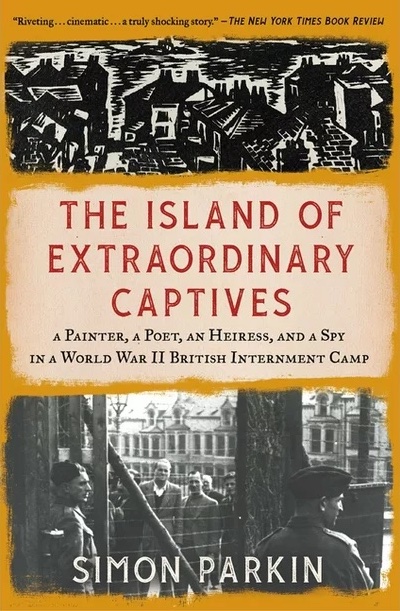
In May 1940, faced with a country gripped by paranoia, Britain’s Prime Minister Winston Churchill ordered the internment of all German and Austrian citizens living in the country. Most were refugees who had come to the country to escape Nazi oppression. They were now imprisoned by the country in which they had staked their trust. More than 1,200 men were taken to Hutchinson camp, on the Isle of Man, which a group of world-renowned artists, musicians and academics turned into history’s most extraordinary prison camp. This is a story of a battle between fear and compassion at a time of national crisis that reveals how Britain’s treatment of refugees during the Second World War led to one of the nation’s most shameful missteps, and how hope and creativity can flourish in even the most challenging circumstances.
UNTIL OCTOBER 8, 2023:
“Emmy Rubensohn, Networker and Music Patron –
from Leipzig to New York”
GRASSI Museum in Leipzig, Germany
This is a fantastic find: two necklaces made by Emmy Rubensohn (1884-1961), who had fled Nazi persecution to Shanghai. Knotting different pearl necklaces provided her with a meager income. In April 1946, Emmy writes to Otto Rubensohn, “I’m still busy. I threaded and knotted different pearl necklaces at ladies. Also a 3-row at a jewelry store. The little ones in the middle, the big ones on the outside, and the 3 chains hung into one antique big gold clasp, fastened on both shoulders.”
The same year, the violinist and fellow refugee Ferdinand Adler, concertmaster of the Shanghai Symphony Orchestra, ordered a pearl necklace for his wife and a coral necklace for his one-year-old daughter Christina.
Come see the original necklaces in the exhibition! Thank you, Christina Adler, for lending them.
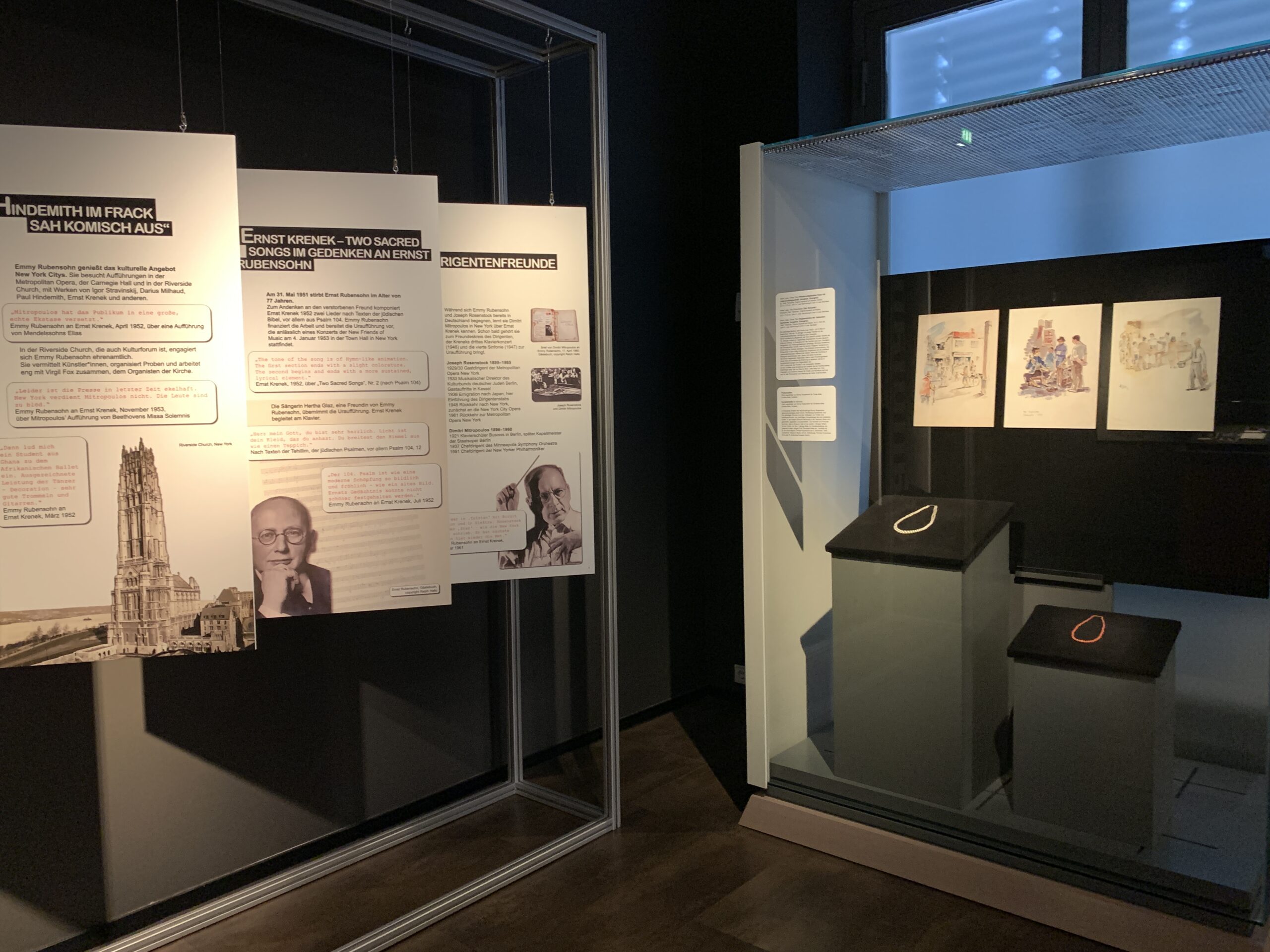
After Austria’s annexation by Nazi Germany, violinist Ferdinand Adler (1903-1952), who was Jewish, was arrested and brought to Dachau Concentration Camp, where he remained until May 1939. In the same year, he fled to Shanghai. He became one of the city’s most famous musicians, was appointed concertmaster of the Shanghai Municipal Orchestra, and taught as a professor for violin at the Shanghai National Conservatory of Music.
Every weekend in 1946 and 1947, Adler traveled 200 kilometres to Changzhou to teach Chinese orphans at a makeshift music school set up inside a temple. This had a lasting influence on the children, and China’s musical culture.
In 1947, he returned to Vienna with his family.
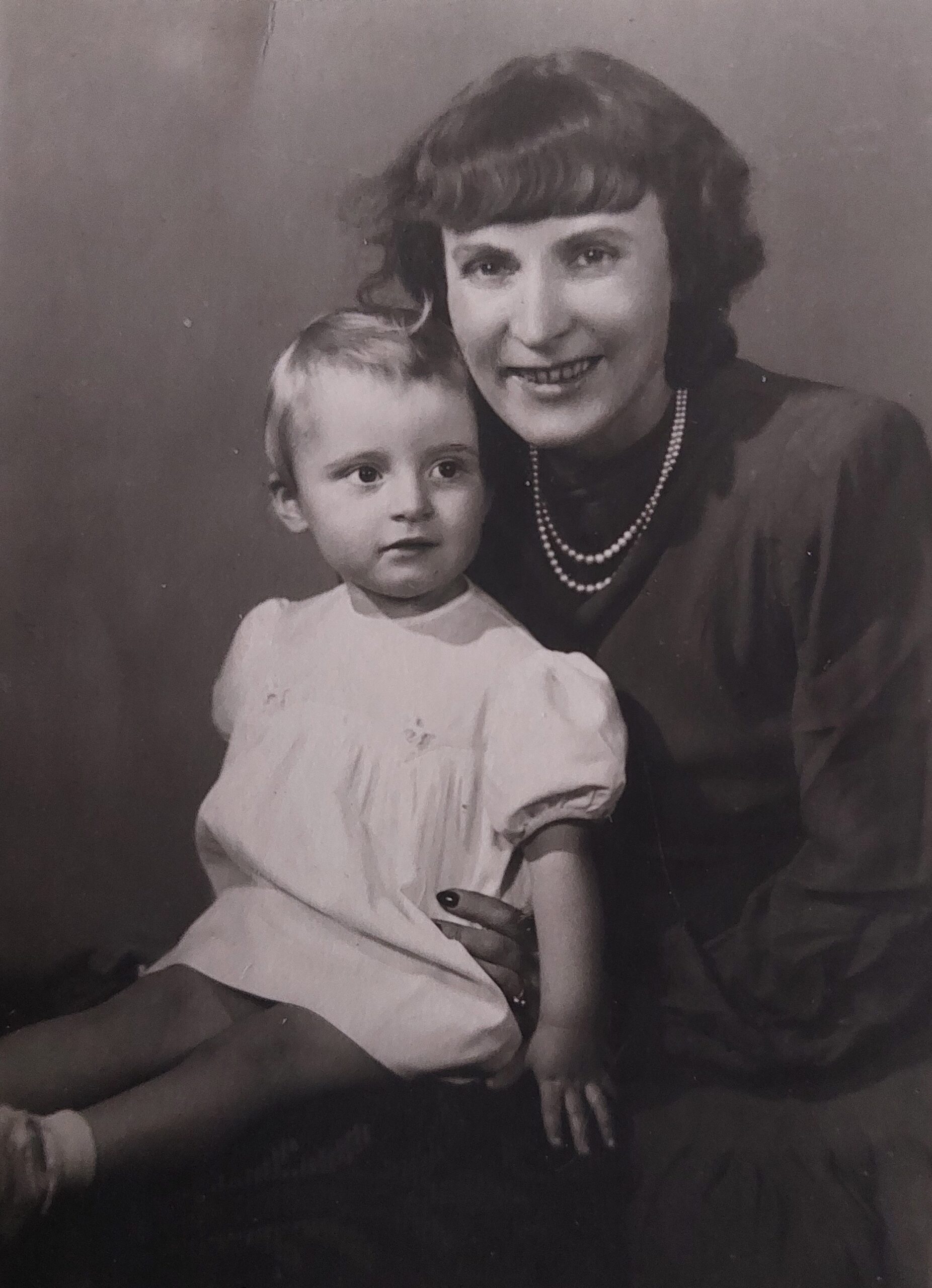
Trude Adler with daughter Christina, Shanghai 1947. Courtesy Christina Adler
The exhibition is organized by the GRASSI Museum für Völkerkunde, the GRASSI Museum für Musikinstrumente, and the Fritz Ascher Society in New York.
Patron of the exhibition is Ken Toko, US Consul General of Middle Germany.



